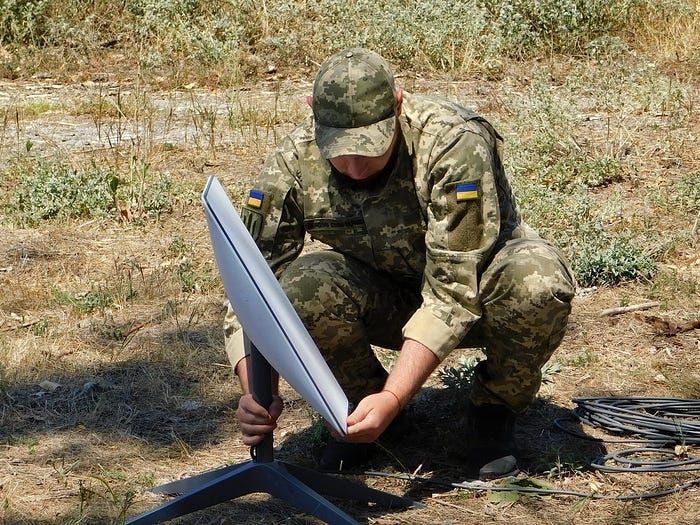What if Starlink Goes Dark Over Ukraine?

The last time I wrote an article that was critical of Elon Musk, nearly half of my audience here came to his defense. This illustrates the power of the cult of personality: when a public figure is excessively glorified to the point where their image becomes heroic — they attract cultists.
Of course, this was before we all knew he …



